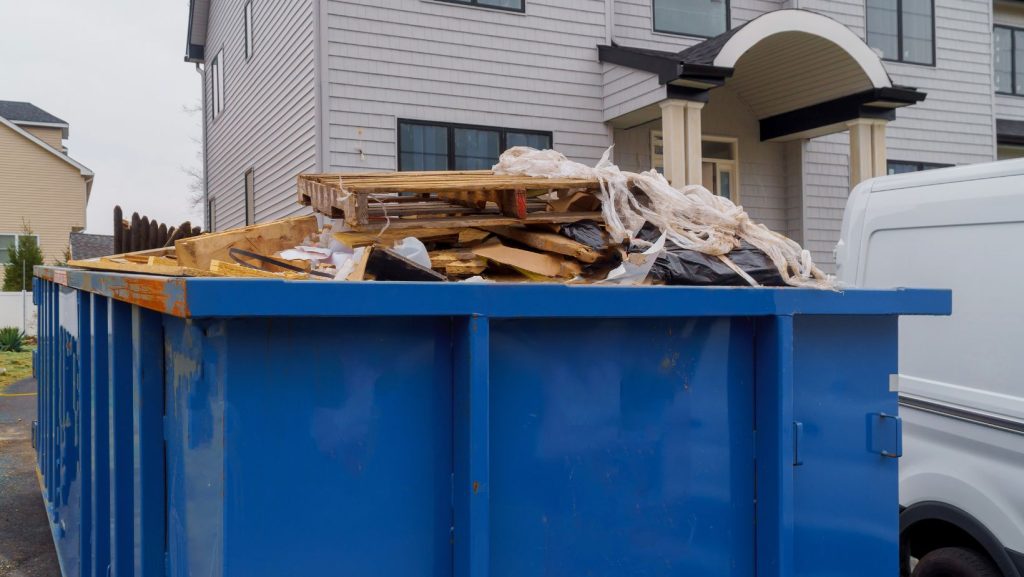When it comes to managing large-scale waste or construction materials, having the right equipment is crucial for efficiency and environmental compliance. One such essential tool is a compactor, used widely across various industries to minimize the size of material waste or soil. Whether you’re a project manager on a construction site, an events coordinator responsible for large festivals, or a manufacturing facility manager, understanding the ins and outs of compactor rentals can save you both time and money.
If you’re new to renting compactors or looking to refine your current practices, this guide covers practical tips and insights to navigate the complexities of compactor rentals. From selecting the right type of compactor for your needs to understanding rental agreements and maintenance – we’ve got you covered. Let’s dive into the ultimate guide to compactor rentals and ensure you have all the information needed to make an informed decision.
Contents
Choosing the Right Compactor
One of the first key considerations when renting a compactor is identifying the type that best suits your project requirements. There are several types available — ranging from landfill compactors, vibratory plate compactors to wheel compactors. Each serves a different purpose; for instance, a Versatile Compactor Rentals in OKC offers options ideal for both waste reduction and recycling processes. Assessing the material types you plan to compact (e.g., organic waste, construction debris) will help narrow down your choices.
Moreover, consider the size of your job site and the volume of material that needs compaction. Larger projects might require heavy-duty equipment with more power and larger capacity. Consulting with rental professionals can provide tailored recommendations based on your specific situation.
Rental Costs and Contracts
Renting a compactor can vary significantly in cost depending on several factors such as the model’s size, duration of rental, and additional features required. It is fundamental to understand how rental companies charge for their services. Most companies offer daily, weekly, and monthly rates which decrease per day as the length of rental increases. It’s worthwhile comparing rates from different providers to ensure you get the best deal available.
Equally important is thoroughly reading through rental contracts. Pay attention to terms concerning damage liability, insurance coverage, late returns, and any hidden costs such as delivery charges. Ask about any ambiguities or clauses that seem unclear to avoid unexpected expenses.
Maintenance and Operation Training
Before operating a rental compactor, it’s crucial to understand its functioning fully to avoid machine abuse or accidents. Many rental companies offer basic operation training when renting out equipment — take advantage of this to ensure that all individuals operating the compactor are competent in its usage. Correct operation can significantly extend the lifespan of the machine and prevent breakdowns.
Maintenance during the rental period typically falls under renter responsibility unless specified otherwise in the contract. Regularly check fluid levels, inspect belts and hoses for wear and tear, and ensure compacting mechanisms are clean from debris. Immediate reporting of any malfunctions will likely prevent further damage.
Safety Procedures
The heavy-duty nature of compactors demands rigorous adherence to safety standards to protect operators and bystanders. Ensure safety features on the equipment are intact and functional before use. This includes checking that protective guards are in place and that emergency shut-off switches work properly.
Operators should always wear appropriate personal protective equipment (PPE), such as gloves, goggles, and hard hats during operation. Additionally, fostering a safety culture where every team member feels responsible for maintaining safe operation practices is beneficial in minimizing accident risks.
Environmental Compliance
Last but not least, meeting environmental regulations is essential when using compactors especially in sectors like waste management where improper handling can lead to significant penalties. Understand local legislation concerning waste handling and ensure your rented compactor adheres to these regulations — for example, certain compactors are better suited for recyclable materials than others.
Furthermore, consider compactors featuring advanced technology offering better fuel efficiency and lower emissions which not only conforms with regulations but also reduces carbon footprint while saving fuel costs. By choosing environmentally compliant machinery, you contribute positively towards sustainability goals.
In conclusion, renting a compactor can boost productivity and environmental efficiency if done correctly. By considering factors such as choosing specialized equipment for specific projects, understanding rental terms clearly, committing to operator training and safety standards, ensuring maintenance protocols are followed strictly, and adhering to environmental laws — organizations can optimize their operations substantially while managing costs effectively.
We encourage businesses to lease compactors from trusted providers like Versatile Compactor Rentals in OKC, where diverse options meet robust service standards ensuring your project’s success comprehensively from start to finish.


More Stories
Essential Tips For Your None Guide: Maximize Success!
Essential Tips For Choosing An Immigration Lawyer
Essential Tips From An Immigration Lawyer Guide